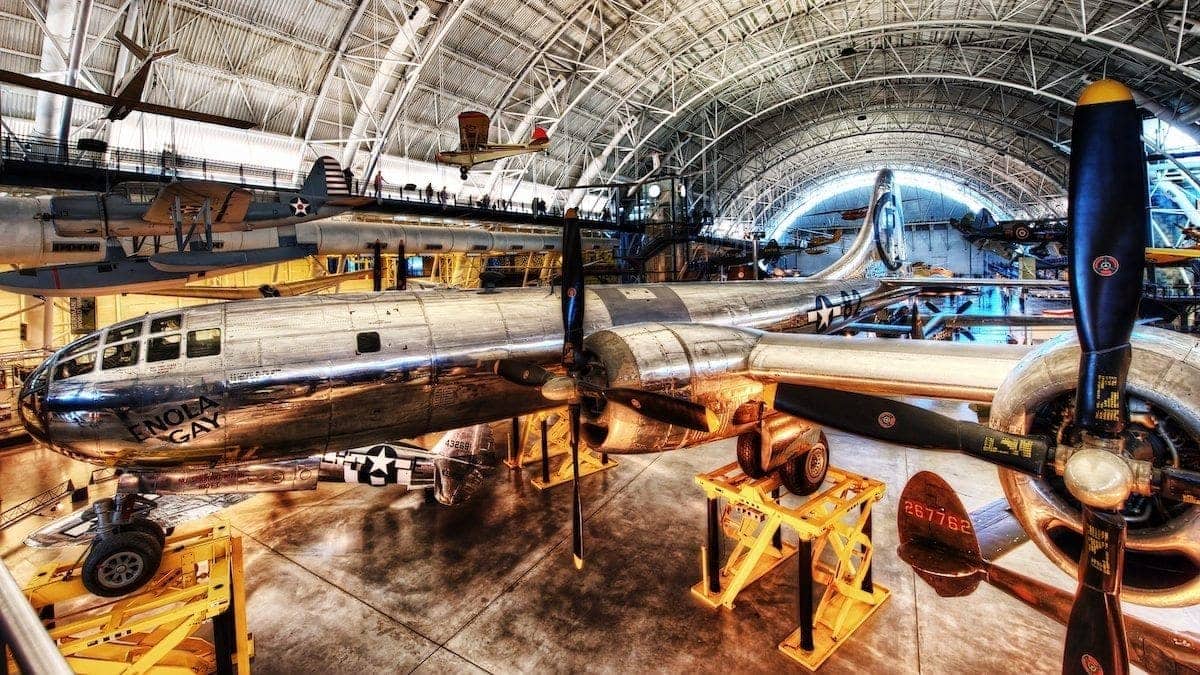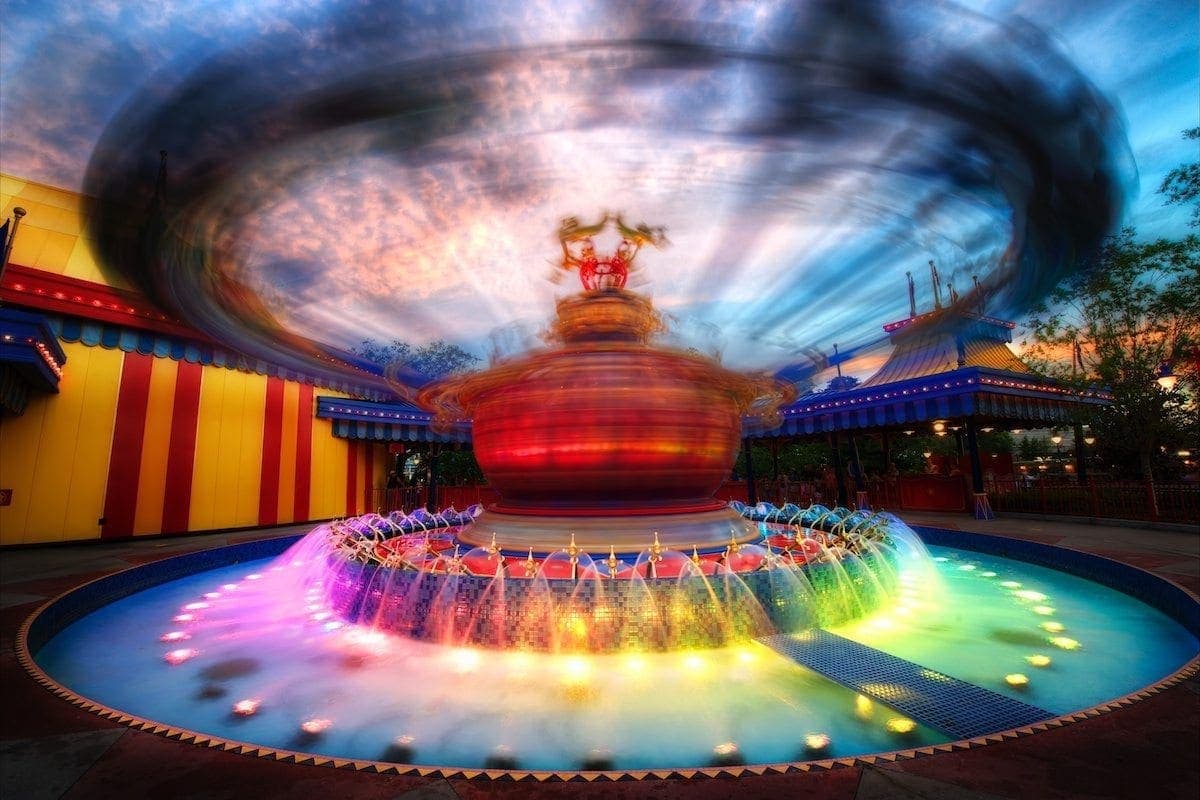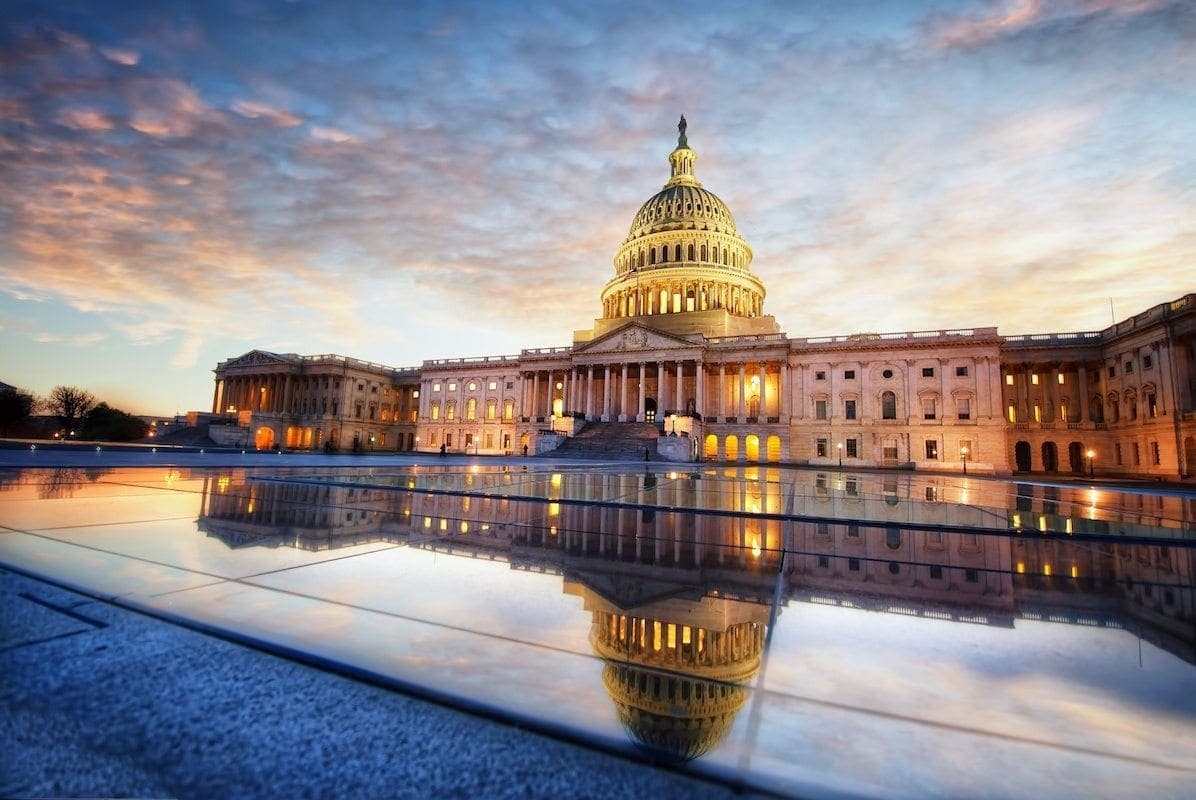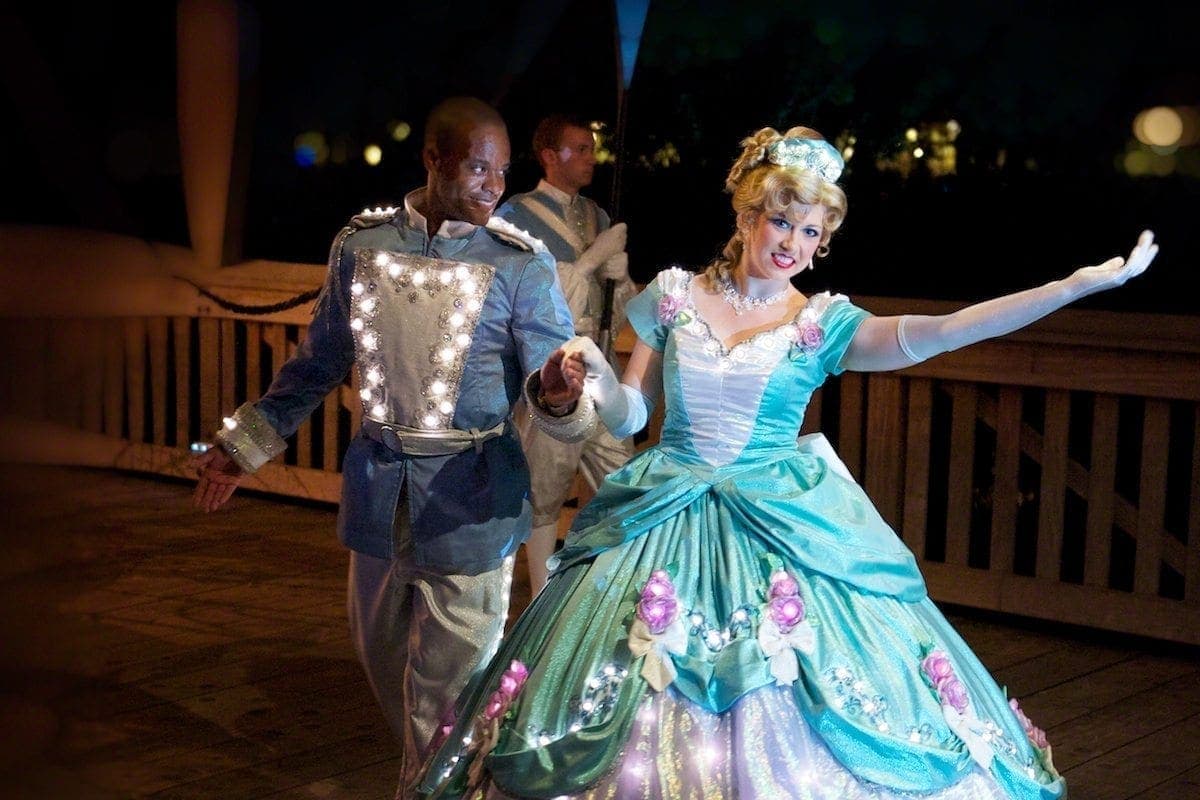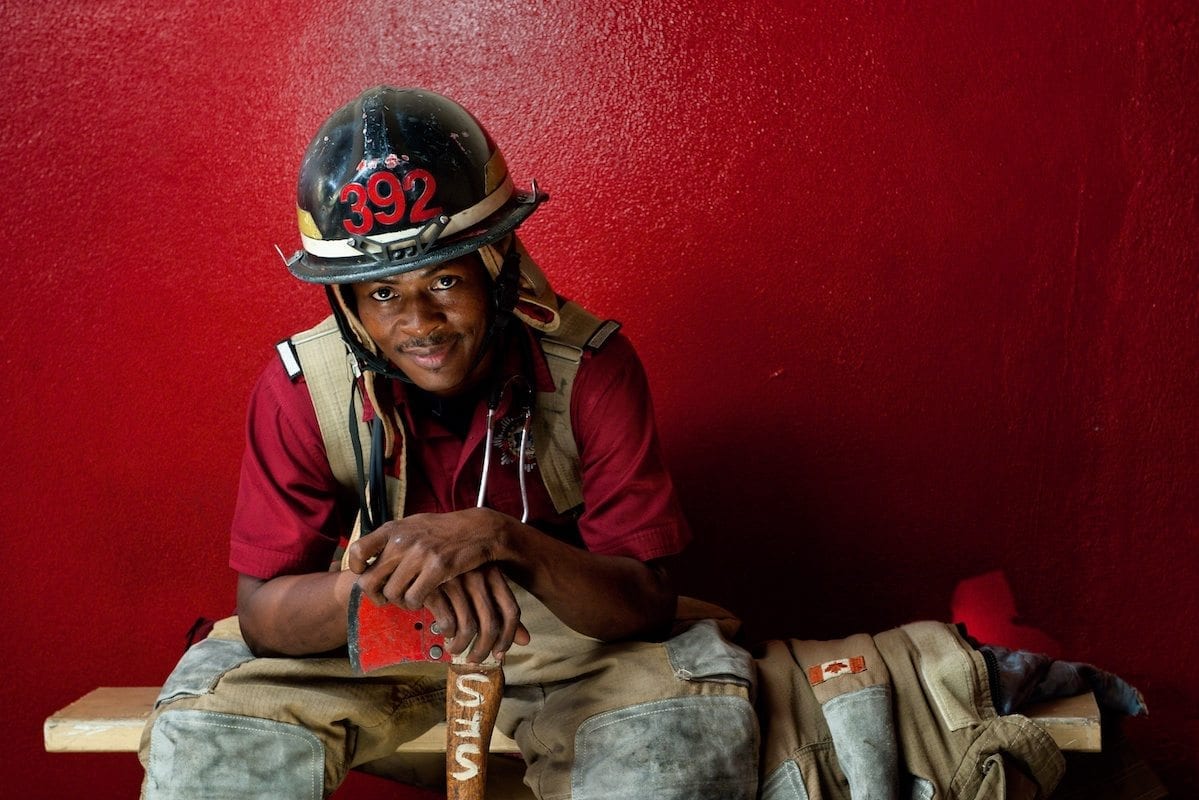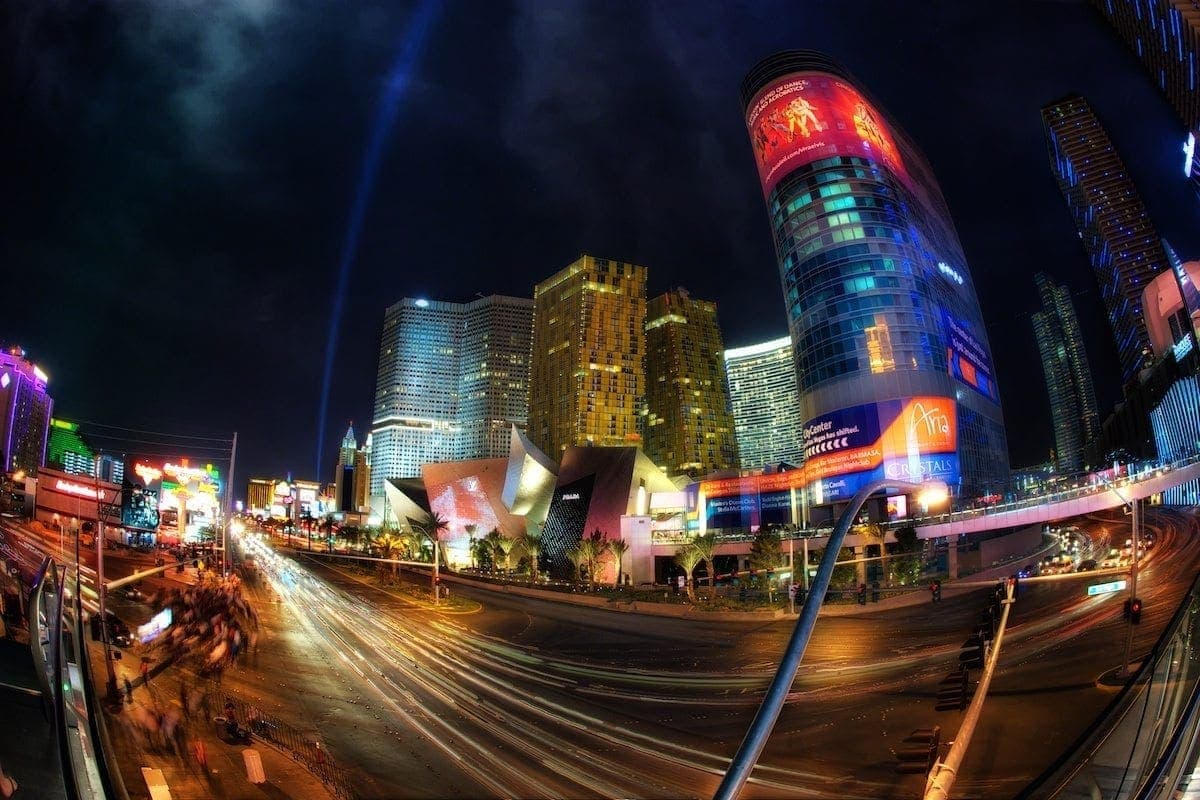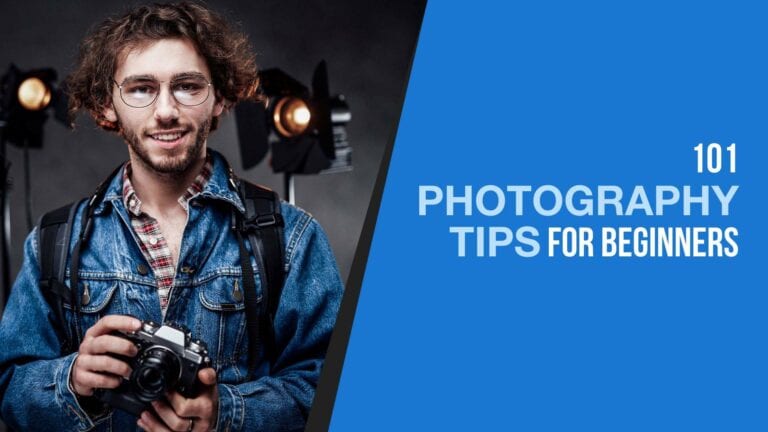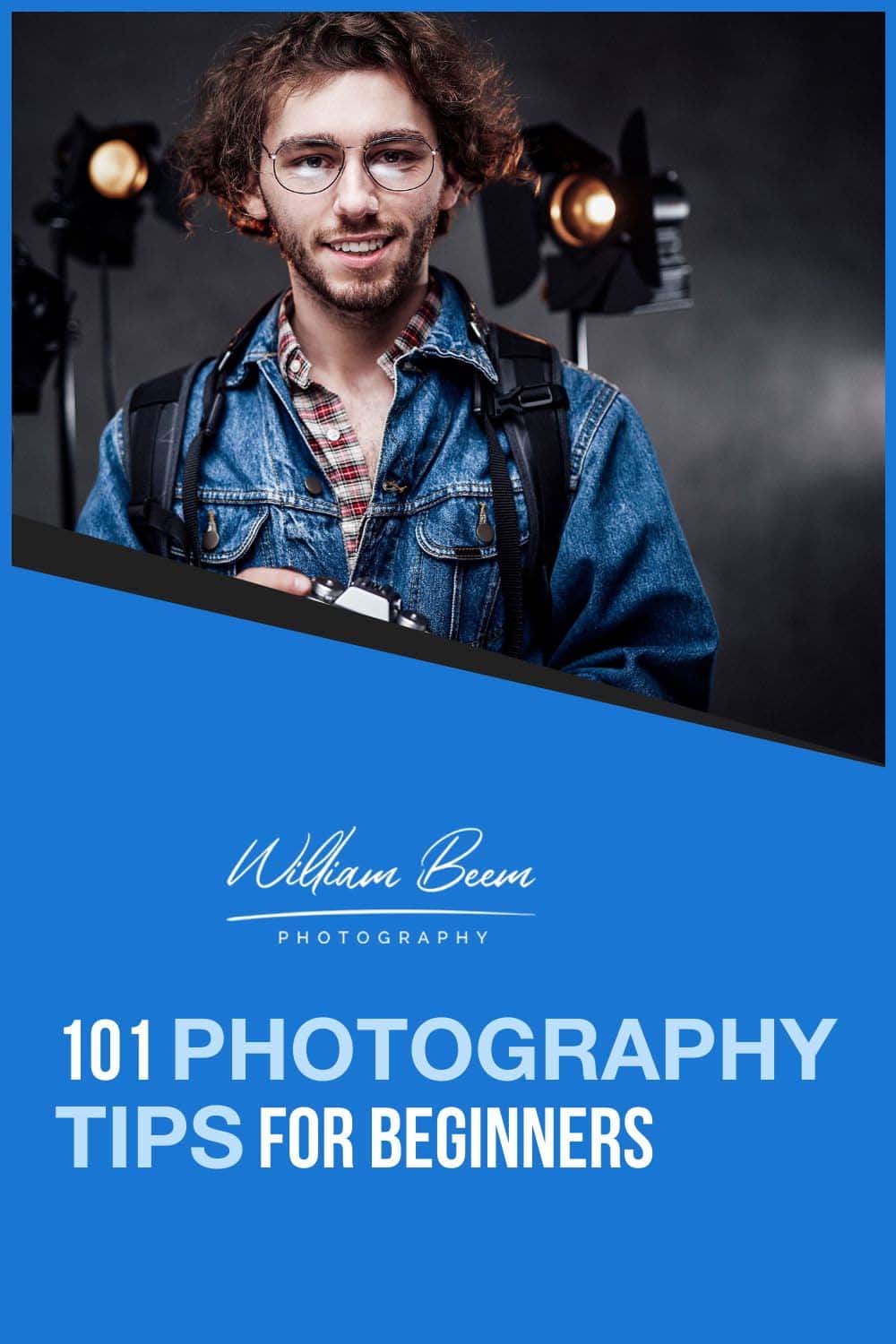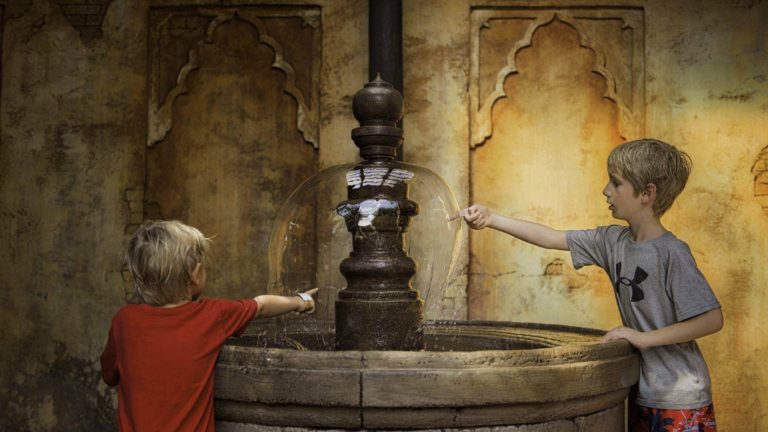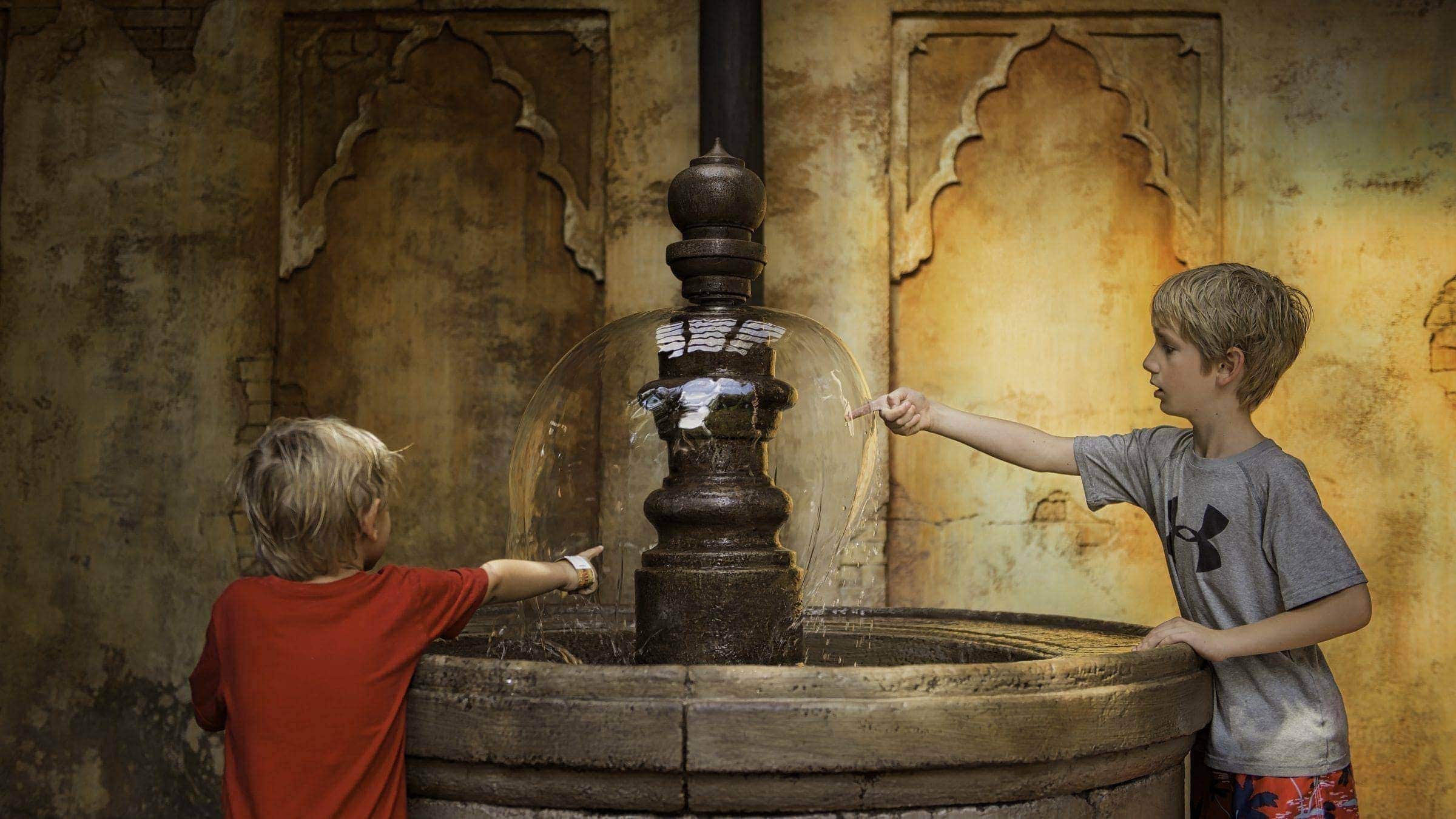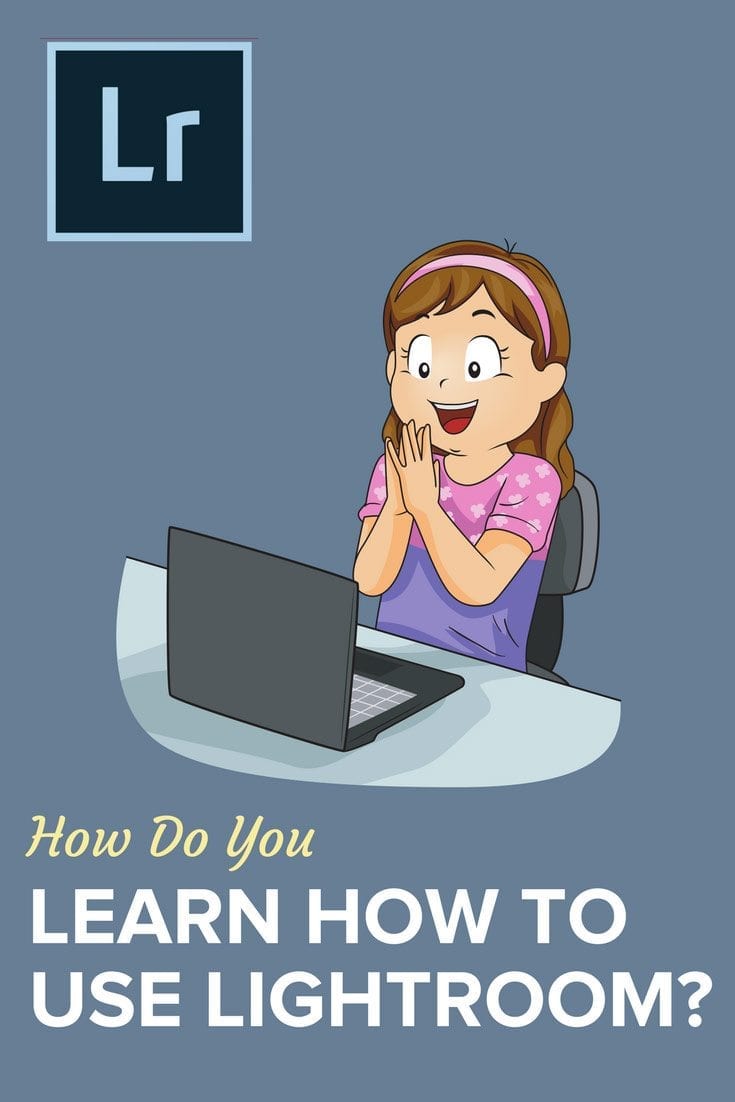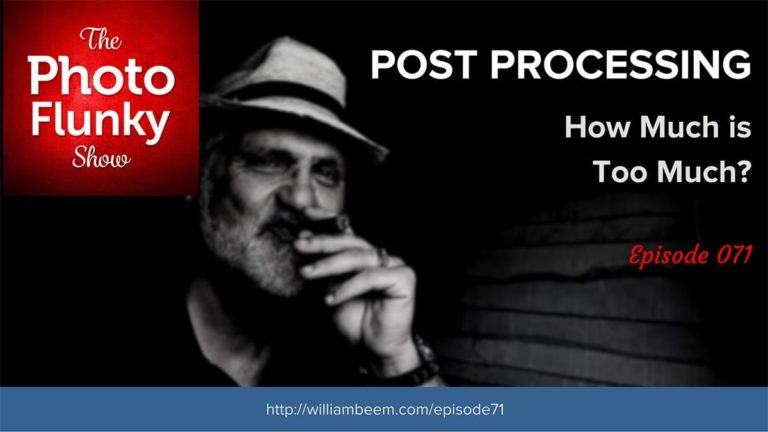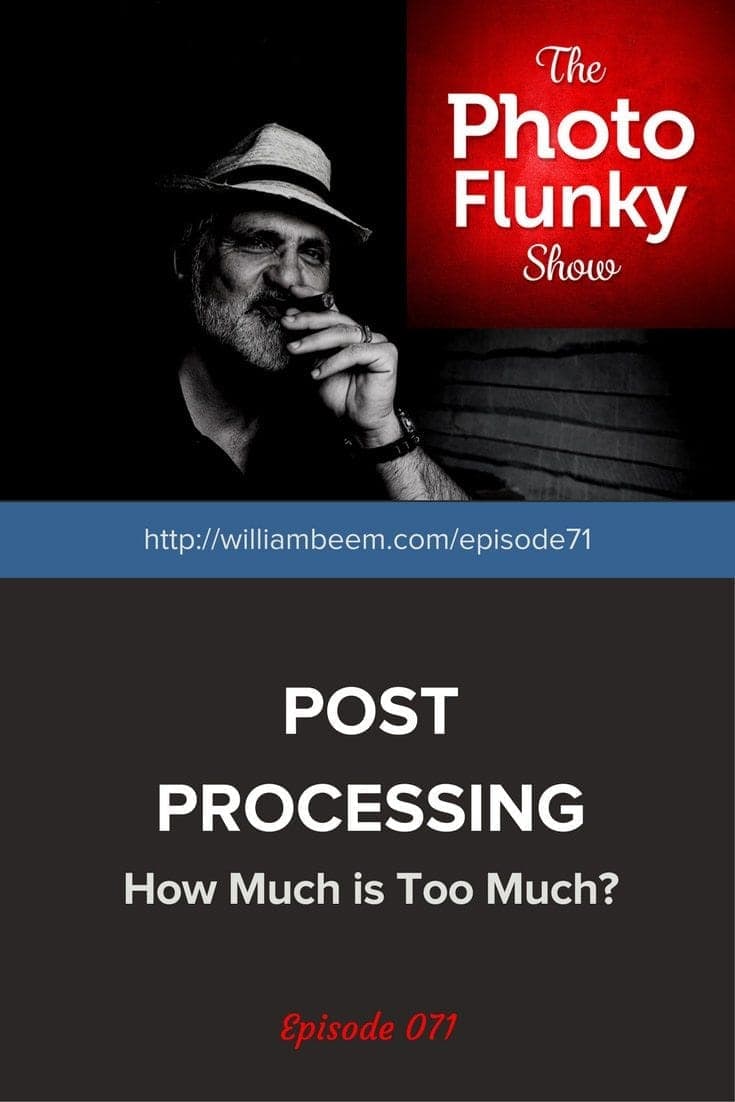Affiliate Disclosure: We earn a commission if you purchase through one of our links at no additional cost to you.
Thinking of taking a trip? A little travel photography research can go a long way to help you make sure that you come home with a few great images. Here’s how I do it.
Why Spend Time Researching Other People’s Photos?
I’ve heard this before and it’s a fair question. People tell me they want to take their own photos, not copy someone else’s shot. I could rant how it’s nearly impossible for two photographers to see the same thing and shoot it identically, but that’s not really the point of travel photography research.
You aren’t looking for ideas to copy, but rather information to help you identify the people, things, and places that you want to shoot. There’s always room for surprises on every trip, but it’s nice to know about some cool things you want to capture, and then find out what obstacles may be in your way.
How I Do Travel Photography Research
There are two ways that I do my research, and both are useful.
- I’ve already decided on a destination and I want to see what may be interesting in the area.
- I’m perusing interesting photos and decide a place is worth a trip.
Most people will fall into the first option. You know where you’re going. You may even know a few spots you want to photograph while you’re there. Photography may not be the primary purpose of your trip, so you need to make the most of the limited time you have to shoot.
For those of you who plan a trip for photography, it’s fun to explore images and find new places you want to visit and capture. For example, I stumbled across an image of the Lou Ruvo Center for Brain Health while researching Frank Gehry architecture that I’d like to shoot.
This building is just a few blocks from the Las Vegas Strip. Chances are that I wouldn’t have discovered it while searching for “las vegas photos”, but it’s a destination I visit often.
Don’t just search for places. Search for the things that you find interesting.
Where To Begin
It doesn’t start with your destination. It starts with your concept. What do you want to bring home that captures the essence of your experience while traveling?
You don’t have to pick just one, or even limit yourself to my list. All you need is to think about the kind of images you want. Go with a plan and your odds of success increase. Some call it pre-visualization. I call it “pull your head out of your ass” because it’s important to think about the end game.
The times I’ve been most disappointed with my travel photos are when I visited a location without a clue, hoping that success would just strike me. It missed. When I think about my objective, I have a bit more success getting the images that I want.
Where To Search
These sites should come as no surprise to you. I check them all when I’m doing my travel photography research.
I always search all three of these sites, as each one has something the other lacks. A different view of a scene, a map, quotes from the photographer about the details of getting the shot are quite useful.
It isn’t just the view that you need to research. Imagine traveling to your dream destination and discovering you planned your trip at the wrong time of year. National and State parks sometimes close for the off-season. The direction of the sun in relation to your subject changes throughout the year. A major convention in town can drive up prices or clog transportation.
Most cities publish major events. Go to your favorite search engine and type “city events [CITY NAME]” to find a schedule. Maybe you want to be in the thick of it, or maybe you want to plan for a quiet time at your destination. It’s up to you to check out all the possibilities that may help or hinder the concept for your images.
There’s Always Room For Spontaneity
Doing travel photography research doesn’t mean you have to adhere to a strict or rigid schedule. It just gives you an idea of what to expect and how to plan for something if you want it. You’ll always have plenty of time to explore, and you never know what random opportunities may appear that didn’t show up on your research.
It’s your trip. Spend your time the way you want to spend it. A little planning can just help you get something you may miss without a concept.



